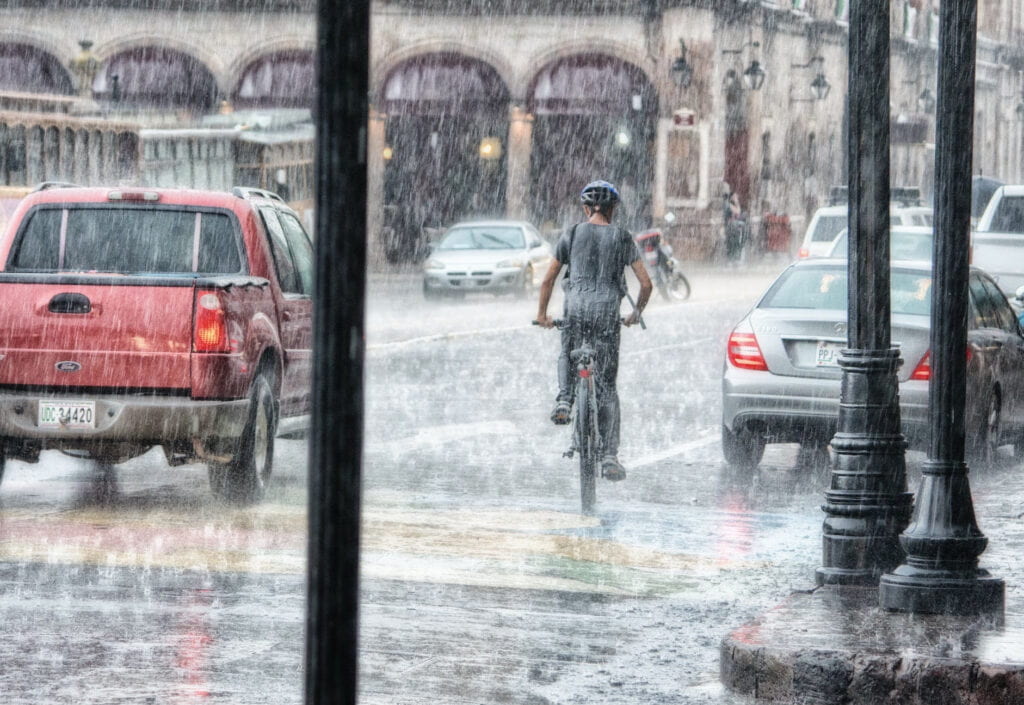
Many cities are disadvantaged with poor emergency planning in the event of a disaster. The risks are further perpetuated for those with disabilities because they receive less attention and resources to bounce back from a traumatic event.
Brendon Donahue, a blind resident in a community apartment complex, discusses how the Brisbane floods affected his evacuation procedure due to isolation and a lack of communication. He argues that there was no information provided to help him evacuate, and if there was, it was only available visually.
Many organizations in the city are far from prepared in disaster management plans, and more government-led resources should be available for people with disabilities. There has been evidence of Australians with disabilities experiencing a loss of services, support, medical needs basic needs, and physical and psychological injuries. An open letter developed by Queenslanders with Disability Network (QDN) and People with Disability Australia (PWDA) and signed by 40 leading disability rights and advocacy organizations has called for the immediate development of a road map and action plan to make national disaster plans inclusive of people living with a disability.
To improve emergency management plans, people with disabilities need to be represented on the committees and be provided with equitable access to resources.
